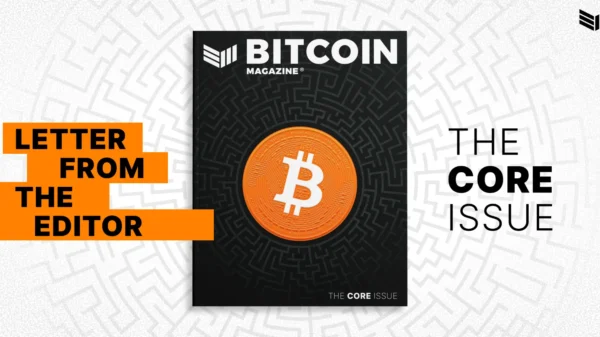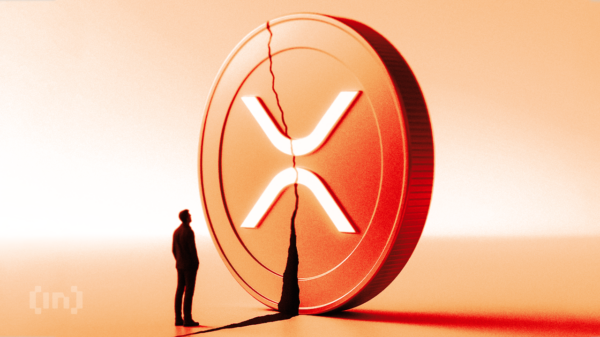The cryptocurrency exchange Coinbase has initiated a significant internal wallet migration as part of its ongoing commitment to cybersecurity. This routine procedure, which took place on Saturday, involves transferring tokens to new internal wallets. The move is a standard practice within the industry aimed at reducing the long-term risk associated with holding funds in publicly known wallet addresses.
According to the company, the migration is not a response to any cybersecurity incidents or external threats. Instead, it reflects Coinbase”s proactive approach to maintaining security standards. The transfer will affect large balances of Bitcoin (BTC), Ether (ETH), and various other tokens, which will be moved on-chain from existing wallets to newly designated internal wallets. These wallets have already been identified by blockchain explorers and intelligence platforms.
Coinbase has issued a warning to its users, advising them to be cautious during this migration period. The company cautioned that scammers may attempt to exploit the situation by impersonating Coinbase representatives. Users could be approached with requests for login information or urged to transfer funds, which Coinbase does not do. This serves as a reminder for all cryptocurrency users to remain vigilant against phishing attempts, hacks, and various scams in an increasingly sophisticated threat environment.
The need for periodic fund migrations is underscored by the ongoing risks posed to centralized servers and hot wallets, which are connected to the internet and can be attractive targets for hackers. Cybersecurity experts note that these centralized systems are often seen as honeypots, prompting attackers to meticulously plan their incursions. The rise of artificial intelligence and AI-driven tools has further complicated the landscape, granting hackers enhanced capabilities to gather information and potentially compromise sensitive data.
There are also concerns about the future impact of quantum computing on current cryptographic technologies. Experts like Gianluca Di Bella, who specializes in smart contracts and zero-knowledge proofs, highlight that threat actors might be gathering public keys now to exploit them once quantum computers become powerful enough. This scenario poses a significant risk of retroactive attacks where hackers could derive private keys from public addresses. To mitigate these risks, experts advocate for a swift transition to post-quantum security standards.
As the cryptocurrency ecosystem continues to evolve, maintaining robust security practices and being aware of potential threats remain paramount for users and exchanges alike.
















































































